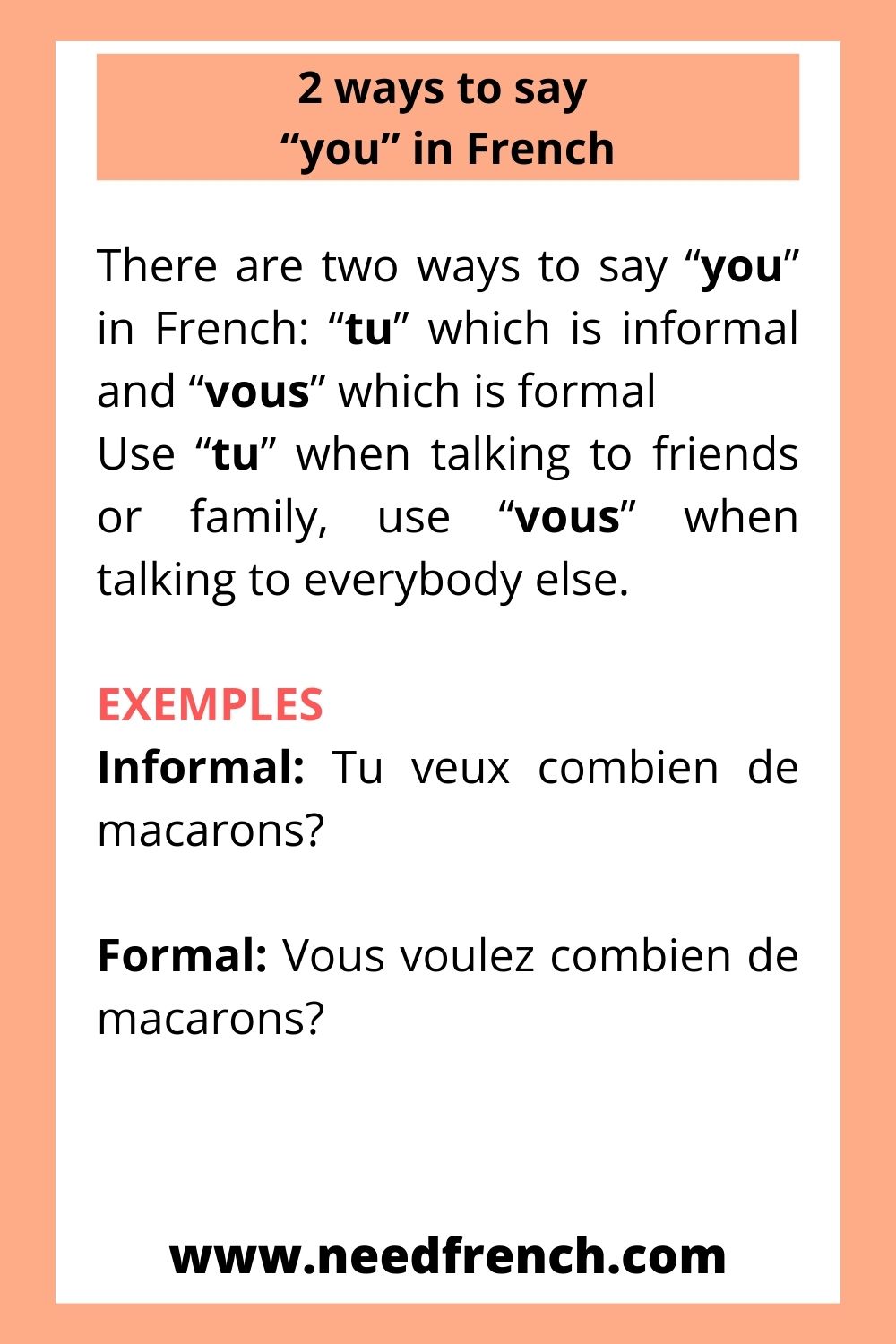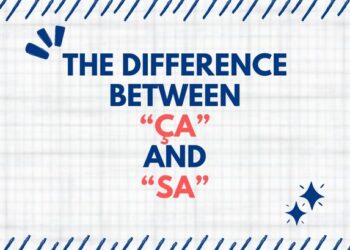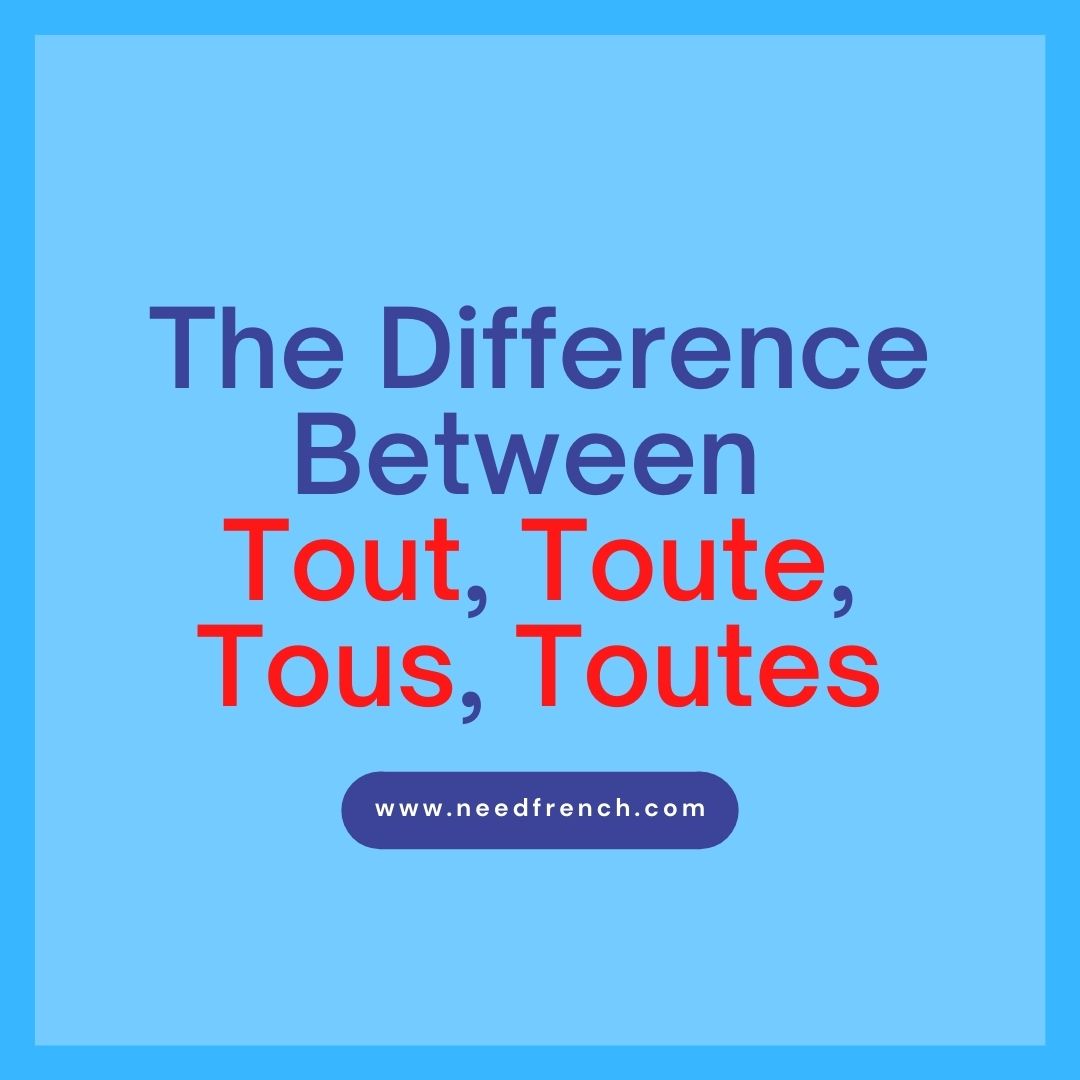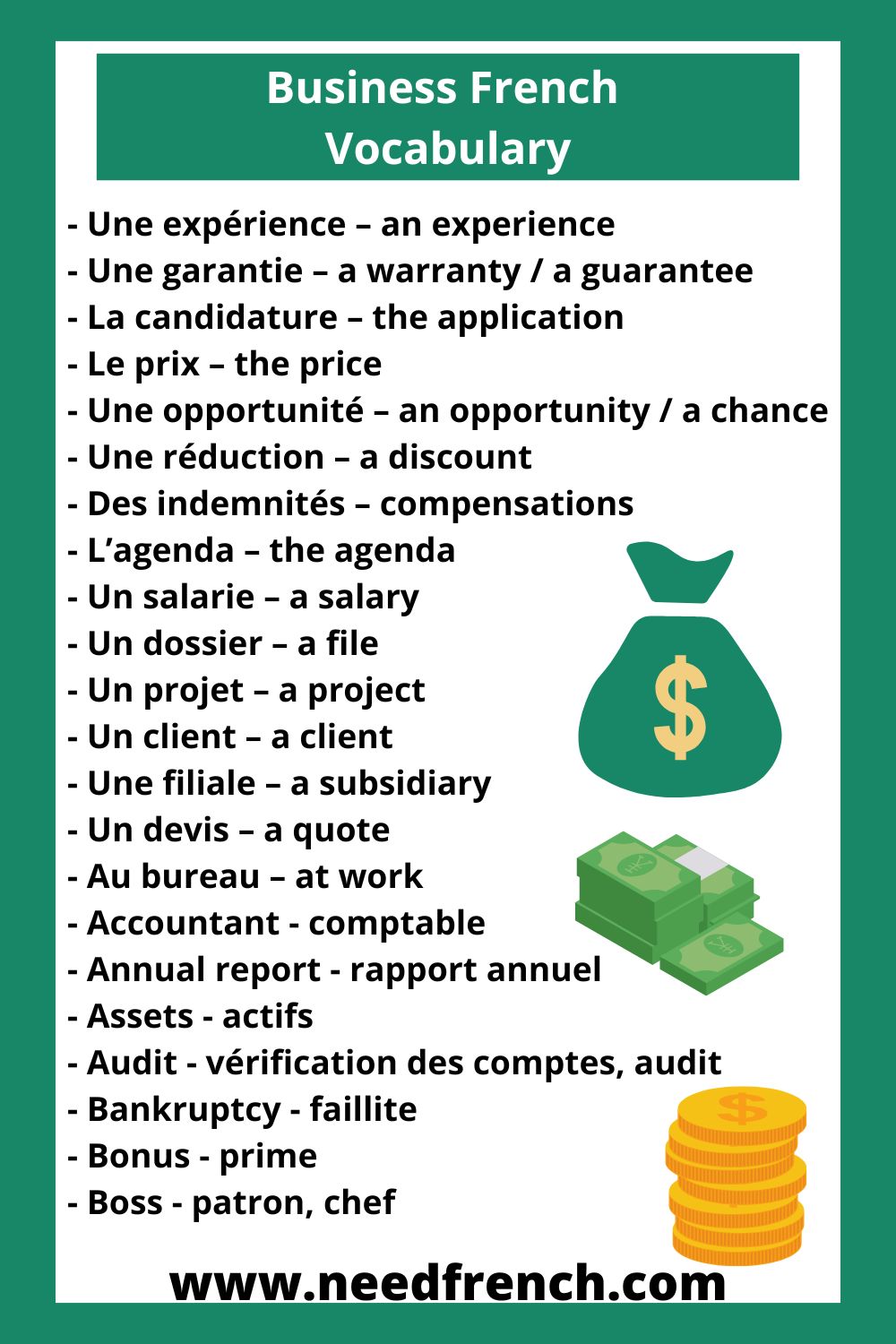In French, conveying wishes and regrets requires using specific expressions and verbal constructions. Whether you want to talk about hopeful desires for the future, missed opportunities in the past, or imagining hypothetical alternatives, understanding how to articulate these thoughts is essential for fluent communication. This comprehensive guide will examine how to eloquently express a range of wishes and regrets in French.
Table of Contents
ToggleDefining Wishes vs Regrets
We must first understand the distinction between a wish and a regret:
- A wish involves wanting something to be real or to happen. Wishes can relate to the present or future.
Ex: “J’aimerais parler couramment le français. J’aimerais pouvoir visiter Paris un jour.” I wish I were fluent in French. I wish I could visit Paris one day.
- A regret involves sadness or disappointment over something that already occurred in the past that cannot be changed.
Ex: “Je regrette de ne pas avoir étudié davantage le français lorsque j’étais plus jeune. Je regrette d’avoir manqué le mariage de mon ami.” I regret not studying more French when I was younger. I regret missing my friend’s wedding.
This key difference depends on the timeframe, whether the desire still has potential to be fulfilled (wish) or is permanently unchangeable (regret).
Expressing Wishes
There are several main structures in French for conveying wishes:
Si seulement + imperfect
The phrase “si seulement” translates to “if only” in English. By combining it with the imperfect tense, you can imagine an alternate present reality. For example:
- Si seulement je parlais français couramment ! (If only I spoke French fluently!)
- Si seulement il faisait beau aujourd’hui ! (If only the weather were nice today!)
This structure allows you to fantasize about the present being different. However, use it sparingly as it can sound overly dramatic.
J’aimerais/Je voudrais + infinitive
Both “j’aimerais” and “je voudrais” mean “I would like” in English. You can use them to politely express wishes for the future:
- J’aimerais bien visiter Paris un jour. (I would love to visit Paris someday.)
- Je voudrais déménager à la campagne. (I would like to move to the countryside.)
The conditional mood creates a more tentative, hypothetical tone.
J’espère + clause
Saying “j’espère” conveys hope and expectation. Use it for achievable wishes:
- J’espère qu’il fera beau pendant nos vacances. (I hope the weather will be nice during our vacation.)
- J’espère que tu te plairas à ton nouveau travail ! (I hope you will like your new job!)
Unlike “si seulement”, these wishes have potential to become reality.
Exclamation Points
When writing out wishes, use exclamation points to add emphasis and emotion. For example:
- J’espère réussir mon examen de français ! (I hope to pass my French exam!)
- Si seulement je pouvais vous aider ! (If only I could help you!)
This punctuation conveys the intensity behind your feelings about the desired situation.
Expressing Regrets
To articulate regrets in French, these structures are commonly used:
Si seulement + pluperfect
The “si seulement” structure can also be combined with the pluperfect tense to imagine an alternate past reality:
- Si seulement j’avais étudié plus quand j’étais à l’école ! (If only I had studied more when I was in school!)
- Si seulement elle n’avait pas manqué le bus ! (If only she hadn’t missed the bus!)
This expresses wishes retrospective about the past that cannot be fulfilled.
J’aurais dû + infinitive
Saying “j’aurais dû” + a verb conveys regret over not doing something:
- J’aurais dû vous appeler plus tôt. (I should have called you earlier.)
- J’aurais dû lui dire la vérité. (I should have told him the truth.)
This structure emphasizes regretting a past action not taken.
C’est dommage que + clause
The phrase “c’est dommage que” means “it’s too bad that” in English:
- C’est dommage qu’elle n’ait pas pu venir. (It’s too bad she couldn’t come.)
- C’est dommage que tu aies raté ton vol ! (It’s too bad you missed your flight!)
This expresses sadness over an unfortunate past circumstance.
Periods
Unlike wishes, regrets take periods at the end of the sentence to denote emotions like sadness, disappointment, etc:
- Je regrette de ne pas avoir visité cet endroit. (I regret not visiting that place.)
- J’aurais aimé que cela se passe autrement. (I would have liked for that to happen differently.)
Conclusion
Being able to articulately express your inner hopes and disappointments is key in French. Wishes allow you to imagine ideal scenarios, while regrets convey sadness over lost possibilities. Mastering these verbal structures and tenses to precisely convey nuanced thoughts enables effective communication. With practice, you will be able to share your wishes and regrets like a native French speaker.
To expand your French vocabulary and avoid common pitfalls, don’t miss this essential read. How to Effectively Use Mélioratifs and Péjoratifs in French














